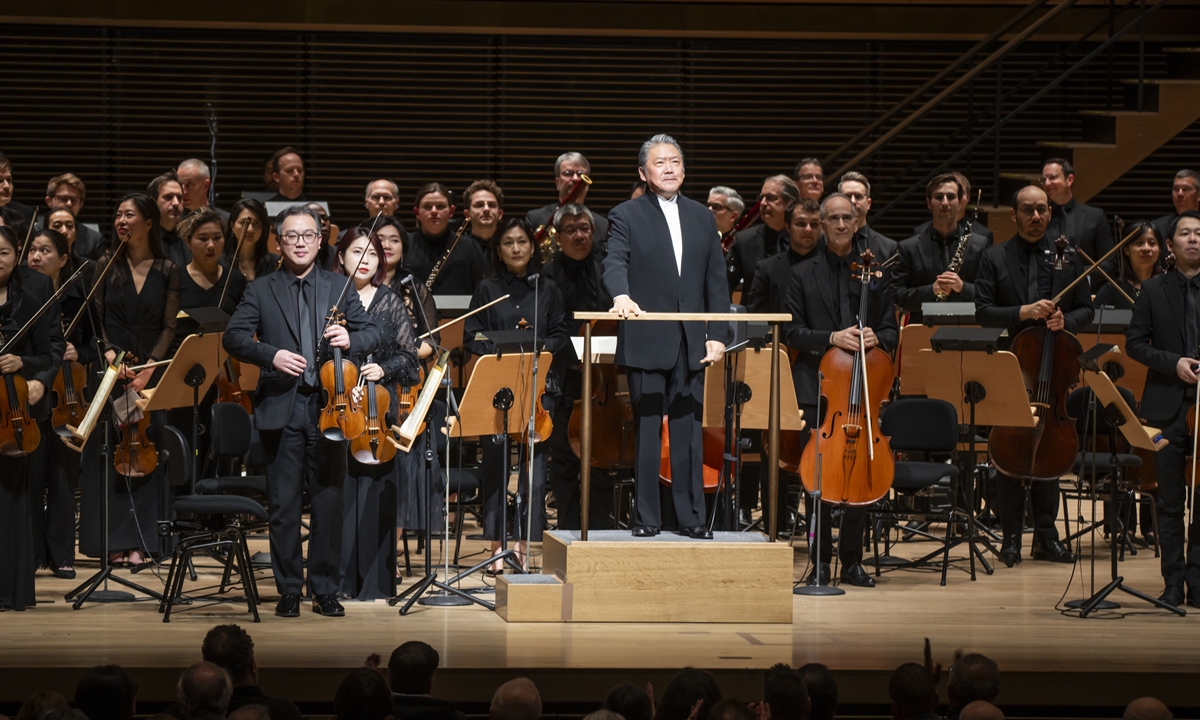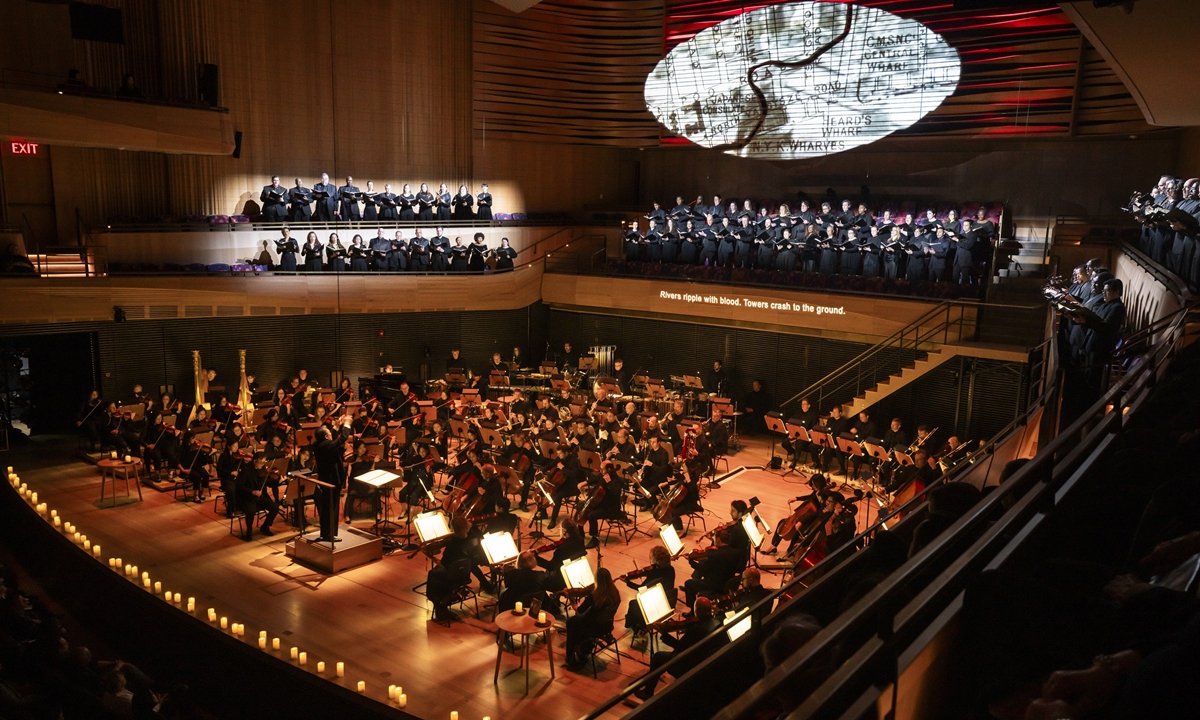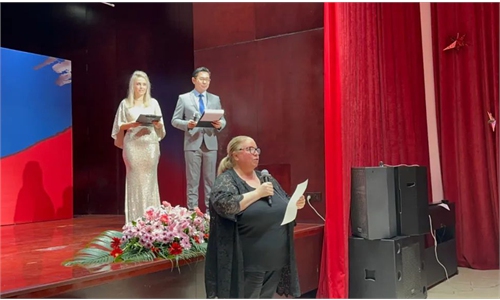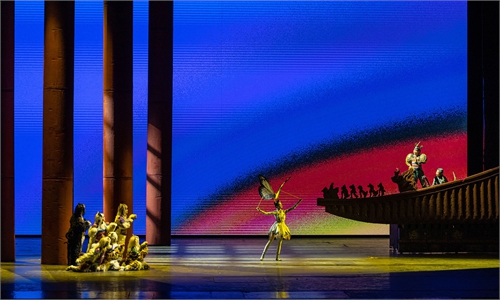ARTS / CULTURE & LEISURE
Chinese, US musicians share stage to remember Shanghai’s kindness and warmth during WWII

Photo: Courtesy of Chris Lee
A little-known story dating back to the World War II is now becoming known around the world with the help of Chinese and US musicians, who are staging the musical concert Émigré at David Geffen Hall on Thursday and Friday nights in New York.The oratorio portraying Jews who fled Nazi Germany for Shanghai was co-commissioned by Chi-nese director/conductor Yu Long, the Shanghai Symphony Orchestra, and the New York Philhar-monic, who were inspired by the kindness and warmth of Shanghai and the people living there in the 1930s.
During the World War II, Shanghai sheltered more than 30,000 Jews, who fled to escape the Nazis in Europe after Kristallnacht. Émigré by award-winning composer Aaron Zigman, with lyrics by Pu-litzer Prize winning librettist Mark Campbell and songwriter Brock Walsh, tells the story of two Jew-ish brothers who arrived in Shanghai as refugees in 1938 and went on to navigate their new life and seek a home and community there.
Quite different from the world premiere in Shanghai in November 2023, the New York perfor-mances are a semi-staged production by director Mary Birnbaum, who aims to create a sense of place in order to "bring the audience back in time."
Candlelight surrounds the stage, and the Huangpu River divides the specially customized oval screen into two. Shanghai landmarks such as the Bund and Longhua Temple, as well as scenes of Shanghai from more than half a century ago, are projected on a screen one by one. The images and music complement each other, presenting that period of history to the US audience.

Photo: Courtesy of Chris Lee
Yu, who conducted the performances in Shanghai and New York, said that he was very excited that the music piece that he and his partners had worked on for three years could finally be presented to US audiences."My biggest wish is to present this period of history as an important gift to the world. The music is touching and you can feel hope during that darkest moments," Yu told the Global Times. "We are proud of Shanghai's warmth and kindness as well as moved by the brilliance of humanity. This work interprets the meaning and value of a community with a shared future for mankind."
Another visual element comes from an idea Birnbaum and the costume designer Oana Botez had - wearing the memories of the family that you're far away from. "The research that we found showed that Jews sewed objects into the linings of their coats in order to smuggle them out of Europe. And then we thought, 'Oh, how beautiful it would be to see those objects on the outside of the garments themselves.'" The singers are literally wearing their hearts on their sleeves.
Lyrics such as "the house we share" and "through the window" reflect "the empathy, compassion, and kindness in human nature that transcend nationality, culture and beliefs. In that chaotic world, temporary darkness cannot cover people's yearning for a bright world and the future," an audience member surnamed Wu told the Global Times after the Shanghai performance.
The charm of music lies in the emotional resonance that transcends language. After watching the performances, the New York audiences were also amazed by the humanity showed in the work. "The work presents an intersection between Jews and Chinese that is rarely covered by media. The musi-cians used music to bring this heartwarming story of the darkest time to the world," said an Ameri-can audience member.




